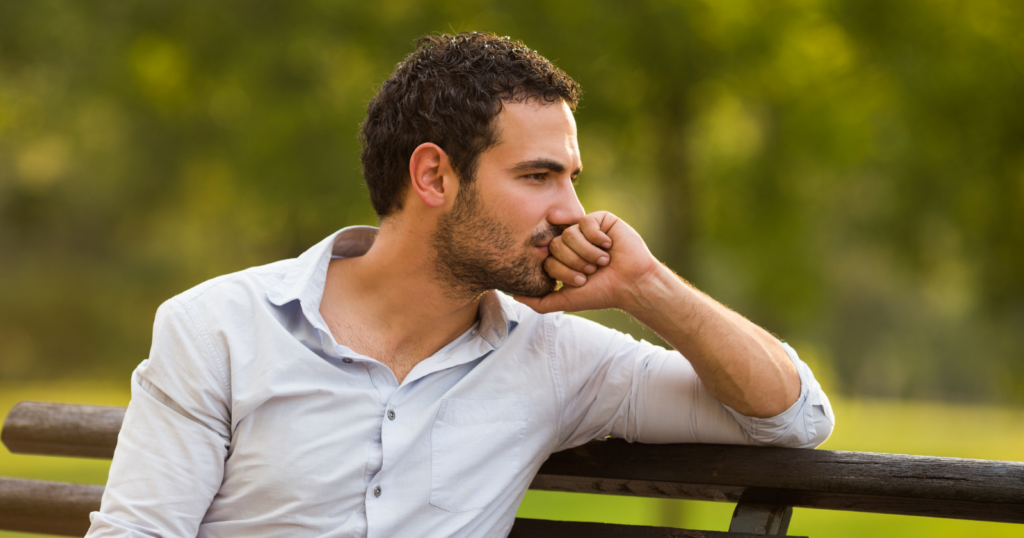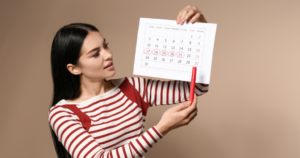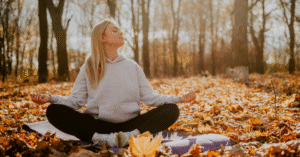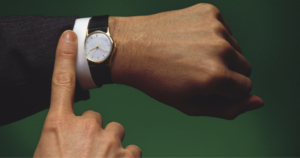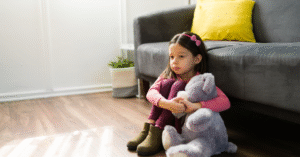There’s something weird that happens after college.
Your calendar goes from packed with group projects, parties, and random hangouts to… well, not much.
Sure, you still see coworkers. You might even grab a drink with someone after work now and then. But slowly, almost without realizing it, you stop having people who really know you.
And if you’re like I was, you might not even notice it at first.
I spent most of my 20s building a life that looked pretty good from the outside. I had a stable job, lived in a decent apartment, hit the gym regularly, and traveled when I could.
I thought that was enough. That friendships were a nice bonus, not a necessity. That I could just focus on my career now, and connection could come later.
But over time, the days started to blur together. I’d have whole weeks where I didn’t have a meaningful conversation with anyone.
I kept up with people on social media, but in real life? It was quiet. And not in a peaceful way.
Looking back, I wish someone had said, “Hey—if you’re feeling disconnected, it doesn’t mean there’s something wrong with you. But it does mean something needs your attention.”
Because the truth is, a life without close friends might look fine. But it feels hollow. And it catches up with you.
The wake-up call
The thing that finally made me question how I was living wasn’t some dramatic rock bottom.
It was a regular Tuesday.
I had just gotten home from work, heated up something frozen for dinner, and sat on the couch. That was it. That was the whole night.
At one point I unlocked my phone, scrolled through my contacts, and realized I didn’t know who I’d even text if I needed to talk to someone. Not for small talk. But for something real.
I stared at the screen longer than I’d like to admit. Then I put the phone down and turned on a show I didn’t care about.
That night stuck with me.
Because even though everything was “fine,” something felt off in a way I couldn’t keep ignoring.
And it turns out that feeling wasn’t just in my head—it had consequences.
A 2015 meta-analysis published in Perspectives on Psychological Science found that chronic loneliness can increase a person’s risk of early death by as much as 26%.
In fact, health experts have declared that long-term loneliness can be as damaging to physical health as smoking fifteen cigarettes a day.
It hit me later how much that explained my constant brain fog, my low energy, and this weird flatness I couldn’t shake.
Loneliness doesn’t just make you feel a little off—it changes how your body functions.
And it does it quietly. Which makes it even harder to catch. But once I saw it, I couldn’t unsee it.
What’s more, it became clear to me how I myself had contributed to it.
I started noticing how often I said I was “too busy” when someone invited me to something. Or how I’d leave events early before anyone could get too close. Or how I always seemed to be the one listening, never sharing.
And I realized: maybe I wasn’t just bad at friendship. Maybe I’d never learned how to build it intentionally.
We assume friendships just happen—until they don’t
When you’re younger, friendships are easy. They’re based on proximity, routine, and circumstance. You’re in the same classes, live in the same dorm, or sit on the same school bus every day.
That built-in structure disappears after graduation.
Nobody tells you that adult friendships require effort. Or that effort doesn’t mean being needy—it means being deliberate.
For years, I assumed if someone really wanted to hang out, they’d reach out. If they didn’t, I took it as a sign I wasn’t that important to them.
But now I see how many people were probably thinking the exact same thing.
I’ve since learned that most adults are walking around hoping someone else will take the first step. And because nobody does, everyone assumes nobody cares.
It’s not personal, I know. But it feels personal.
The longer you go without reaching out, the harder it becomes to break the silence. Eventually, you just stop trying.
I wish I had known that friendships in adulthood don’t grow in the background. They need water. They need sunlight.
You have to check in, follow up, make plans, and sometimes awkwardly reintroduce yourself to someone you already kind of know.
And it’s worth it.
Because when you do make the effort, the depth that grows from it can change everything.
Productivity culture doesn’t leave room for connection
In my 20s, I was obsessed with progress. I devoured personal development books. Tracked my workouts. Optimized my morning routine.
I treated life like a series of milestones to hit: job, savings, fitness, career growth.
What I didn’t realize was that I had completely cut out time for relationships that didn’t feel “efficient.”
If someone didn’t add obvious value to my goals, I’d deprioritize them.
Not out of malice. But out of this quiet belief that anything not measurable didn’t really count.
Here’s the irony: all those books and habits were supposed to make me more fulfilled. But without close friendships, I was just improving a system that kept me isolated.
Eventually, I hit a point where no amount of morning journaling or dopamine hacks could fill the space that was meant for actual connection.
And honestly? It was humbling to realize that all the self-work in the world can’t replace community.
Consuming connection isn’t the same as creating it
For a while, I tricked myself into thinking I wasn’t lonely because I listened to podcasts with thoughtful conversations.
I followed people I admired online.
I read comments on Reddit threads that made me laugh or nod along.
I watched creators talk openly about things I felt too awkward to say out loud.
And while all of that gave me insight, it didn’t give me intimacy.
It didn’t give me someone who could see when something was off and ask, “Are you okay?”
It didn’t give me someone who knew my patterns and could gently challenge them.
The more I consumed conversations, the more I mistook them for relationships.
I now know that connection isn’t passive. It’s built in real time with actual people, through real interactions—some of which will feel awkward or messy or one-sided at first.
But those moments are where trust starts. And trust is what turns acquaintances into actual friends.
Learning to reach out without overthinking it
One of the biggest barriers for me was this idea that any outreach had to be meaningful.
I’d wait until I had the “right” reason to text someone. Or until I had time for a long catch-up. Meanwhile, weeks or months would pass.
I’ve had to unlearn this. I’ve learned that a “Hey, this made me think of you” message goes a long way.
So does sending a dumb meme. Or tagging someone in a post. Or inviting them to something—even if they can’t come.
What matters is the signal: “I’m thinking of you. I care.”
Most of us underestimate how much people want to be included.
According to the American Psychological Association, people consistently undervalue how much it means to others when they reach out unexpectedly.
In other words: you don’t need a deep reason. Just a little courage and a 10-second window of bravery.
Final thoughts
If I could go back and tell my younger self something, I’d skip the lecture.
I’d just say this: being independent is fine. But pretending you don’t need people will cost you more than you think.
You’re not weak for wanting closeness. You’re not clingy for texting first. And you’re not the only one who feels like it’s hard to make real friends anymore.
Don’t wait until you hit burnout or a personal crisis to realize your friendships matter.
Reach out sooner. Start small. Start today.
The life you’re trying to build will mean a lot more if there’s someone to share it with.

